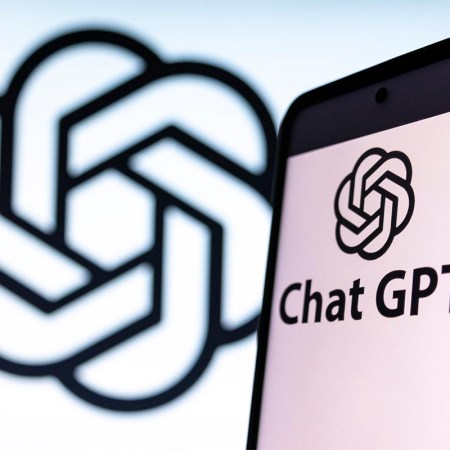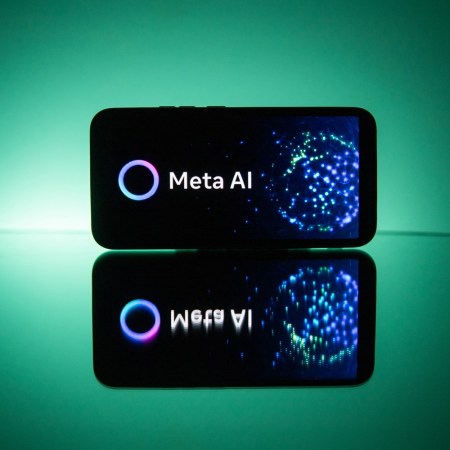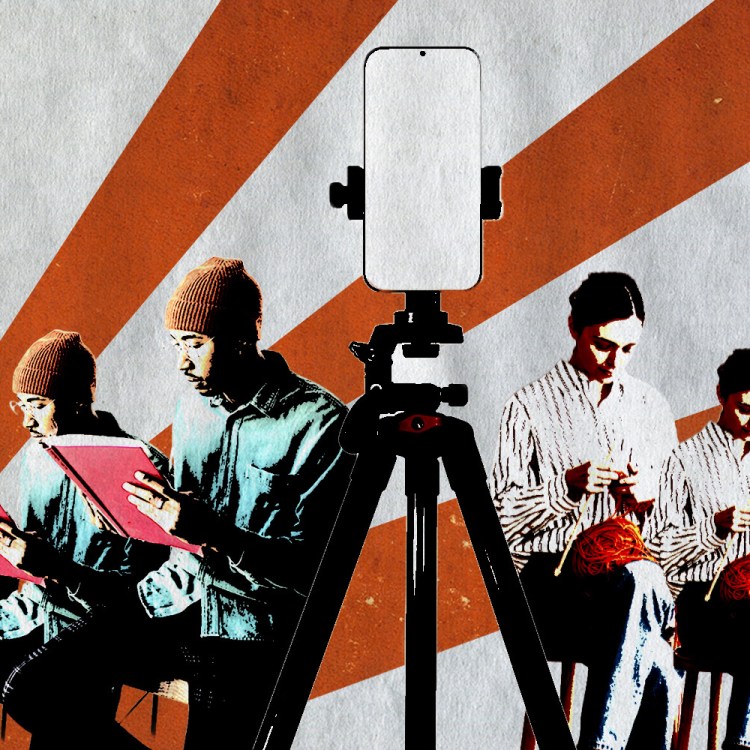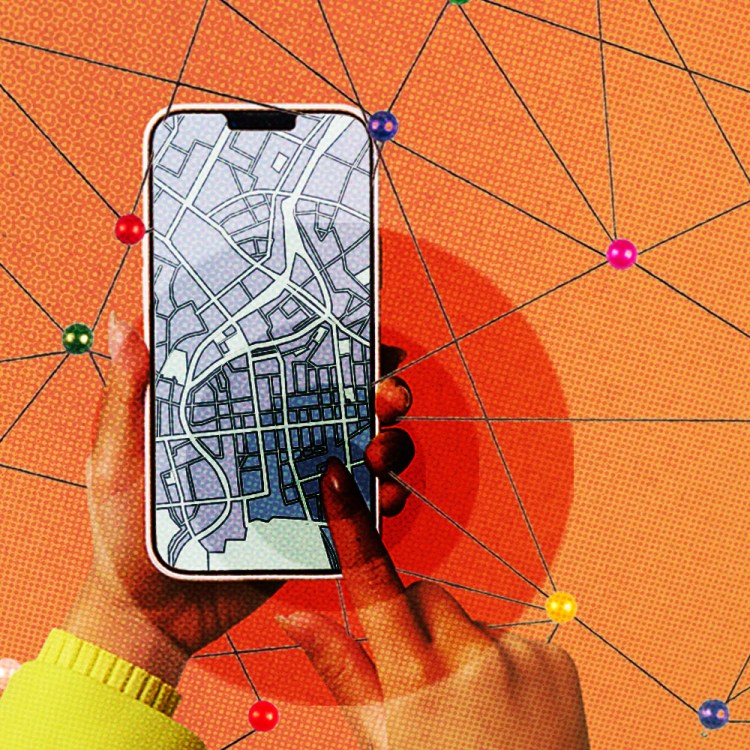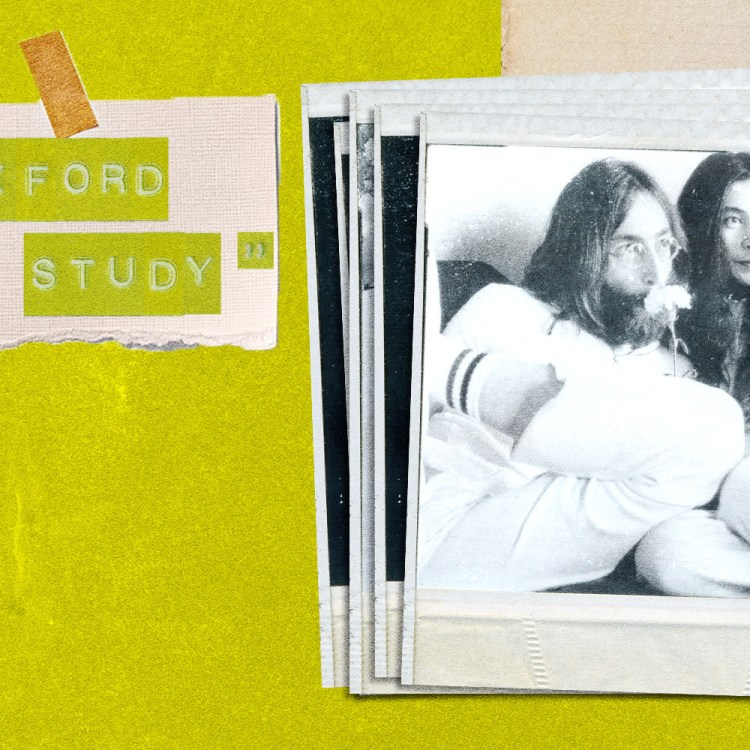What’s your preferred way to research a given topic? Apps like ChatGPT are becoming more and more popular as a way to do research — whether for classes or in a more professional setting. There are a few warning signs here, not the least of which is the ongoing problem of AI hallucinating; in other words, saying very confidently that something untrue is, in fact, true.
A recent study offers plenty of evidence as to why that isn’t the only fraught aspect of a ChatGPT-centric approach to research. That study (which 404 Media notes has not yet been peer reviewed) compared the neurological effects of researching a paper using three different approaches: ChatGPT, a search engine and pre-existing knowledge.
The scientists used electroencephalography to quantify the cognitive load of each group while writing their papers. The results were revealing: “Brain-only participants exhibited the strongest, most distributed networks; Search Engine users showed moderate engagement; and LLM users displayed the weakest connectivity.”
Looking for ChatGPT-Generated Erotica? It Just Got Easier to Produce.
It’s a challenging balance to achieveThat wasn’t the only cause for alarm the researchers discovered over the course of the study. They also found that “LLM users also struggled to accurately quote their own work.” They went on to state that “our findings highlight potential cognitive costs” and that “LLM users consistently underperformed at neural, linguistic, and behavioral levels.”
There are some caveats to these findings — including, as the paper’s authors note, that this study focused on “writing an essay in an educational setting and may not generalize across tasks.” But it certainly provides future researchers with a lot to consider — especially given recent coverage of the degree to which AI has already become embedded in higher education.
This article appeared in an InsideHook newsletter. Sign up for free to get more on travel, wellness, style, drinking, and culture.



